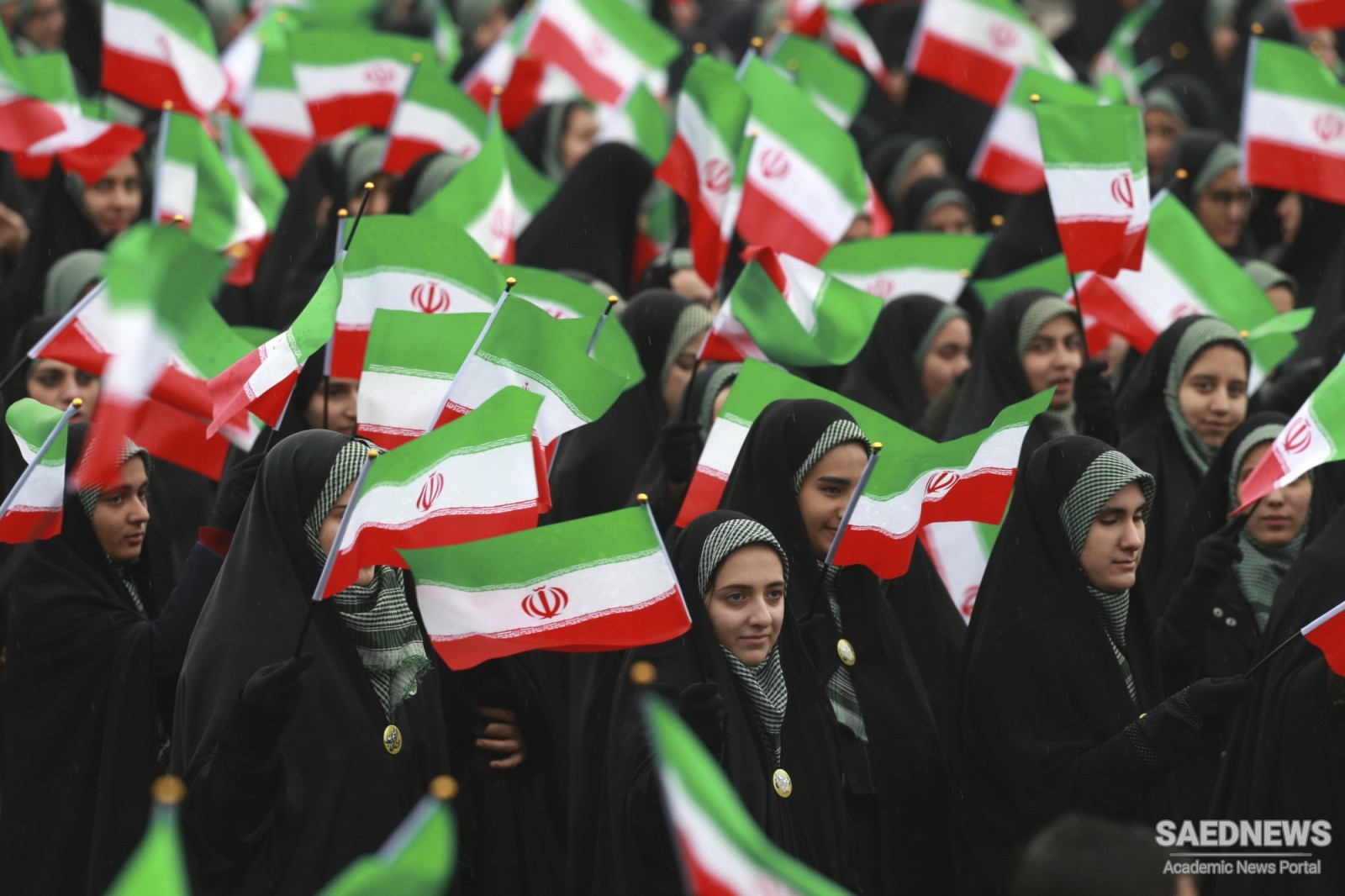Notice how this discourse revolves around two points, knowledge and justice, and how the Commander of the Faithful (‘a) regards them as necessary qualities of the ruler. In the expression: “He should not be ignorant and unaware of the law, lest in his ignorance he mislead the people,” the emphasis is upon knowledge, while in the remaining sentences the emphasis is upon justice, in its true sense. The true sense of justice is that the ruler should conduct himself like the Commander of the Faithful (‘a) in his dealings with other states, in his relations and transactions with the people, in passing sentence and giving judgment, and in distributing the public income. To put it differently, the ruler should adhere to the program of rule that the Commander of the Faithful (‘a) assigned to Mālik Ashtar in reality, to all rulers and governors, for it is something like a circular addressed to all who exercise rule. If the fuqahā become rulers, they too should consider it as their set of instructions.
Here is a narration totally without ambiguity. The Commander of the Faithful (‘a) relates that the Most Noble Messenger (s) said: “O God! Have mercy on those that succeed me.” He repeated this thrice and was then asked: “O Messenger of God, who are those that succeed you?” He replied: “They are those that come after me, transmit my traditions and practice, and teach them to the people after me.” Shaykh Sadūq (may God’s mercy be upon him) has related this narration with five chains of transmission (actually four, since two of them are similar in certain respects) in the following books: Jamī‘al-Akhbār, ‘Uyūn Akhbār ar-Ridhā, and Al-Majālis.
Among the cases where this tradition has been designated as musnad, in one instance we find the words “and teach them,” and in other instances we find, “and teach them to the people.” Whenever the tradition is designated as mursal, we find only the beginning of the sentence, with the phrase “and teach them to the people after me” completely omitted.
We can make either of two assumptions with respect to this tradition. First, it is the only instance of the tradition, and the phrase beginning “and teach them” either was later added to the end, or was indeed a part of the tradition but was later omitted in certain versions. The second alternative is more probable. For if the phrase were added, we could not say that it was as the result of mistake or error, given that the tradition was handed down by several chain of transmission and the respective narrators lived at great distances from each other one in Balkh, another in Nishābūr, and still another elsewhere. Nor is it possible that this phrase was deliberately added; it is highly unlikely that it would have occurred to each of several people living far apart from each other to add such a sentence to the tradition. Therefore, if it is a single narration, we can assert with certainly that either the phrase beginning, “and teach them” was omitted from one of the versions recorded by Shaykh Sadūq (or overlooked by the copyists who wrote down his work), or Shaykh Sadūq himself failed to mention it for some other reason.
The second assumption would be that there are two separate traditions; one without the phrase “and teach them…” and the other with it. If the phrase is part of the tradition, it certainly does not apply to those whose task is simply the narration of tradition and who are not competent to express an independent juridical opinion or judgment. There are certain scholars of tradition who do not understand hadīth at all; as implied in the saying: ”Many a scholar of law falls short of being a faqīh,” they are merely a vehicle for the recording, collecting and writing down of traditions and narrations and for placing them at the disposal of the people. It cannot be said of such scholars that they are the successors of the Prophet, teaching the sciences of Islam. Their efforts on behalf of Islam and the Muslims are of course most valuable, and many scholars of tradition have indeed also been fuqahā, competent to express an independent opinion; e.g., Kulayni, Shaykh Sadūq, and his father (God’s mercy on all of them). These three were fuqahā, and they taught the ordinances and sciences of Islam to the people. When we say that Shaykh Sadūq differed from Shaykh Mufīd, we do not mean that Shaykh Sadūq was unlearned in fiqh, or that he was less learned than Shaykh Mufīd. Shaykh Sadūq was, after all, the person who elucidated all the principles and secondaries of religion in a single sitting. He differed from Shaykh Mufīd and others like him in that they were mujtahids who brought their own reasoning to bear on traditions and narrations, while Shaykh Sadūq was a faqīh who did not have recourse to his own reasoning, or did so only rarely.


 Rule of Islam and Implementation of Divine Law
Rule of Islam and Implementation of Divine Law














































